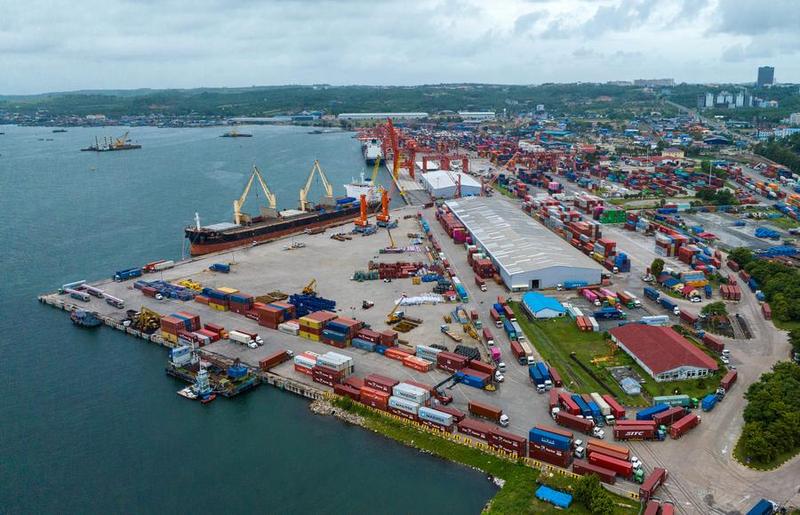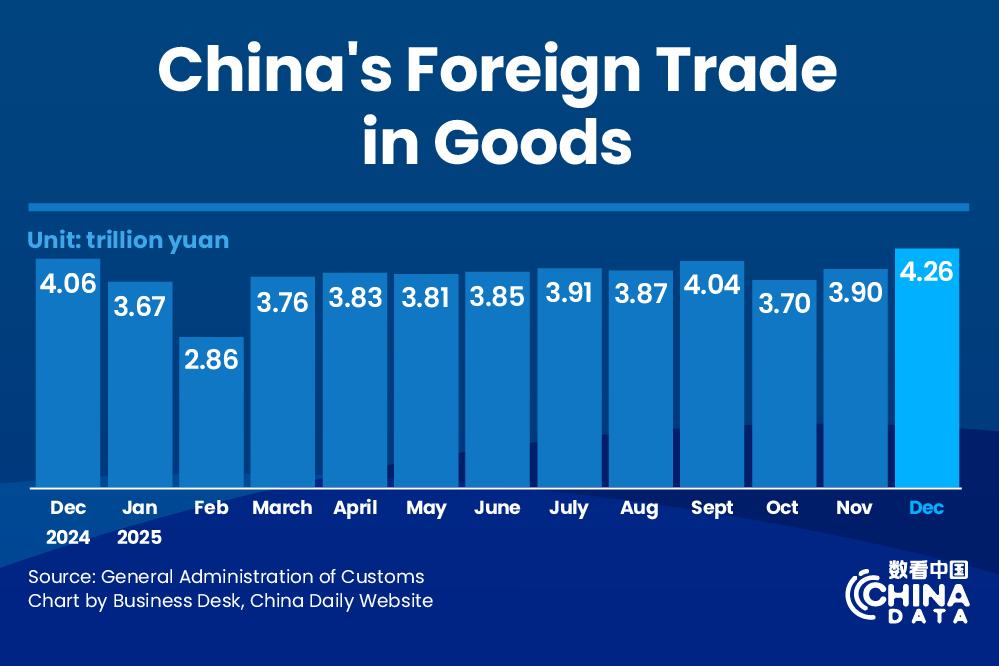More needs to be done to promote trading bloc


Media professionals and think tank experts on Sunday called for stronger implementation strategies and broader public outreach to maximize the benefits of the Regional Comprehensive Economic Partnership, the world's largest free trade agreement.
Speaking at a sub-forum of the 2025 RCEP Media & Think Tank Forum in Haikou, Hainan province, participants noted that while the agreement has boosted economic integration since taking effect in January 2022, challenges remain in adoption and public awareness.
The RCEP includes 15 Asia-Pacific nations and covers approximately one-third of the global GDP and population.
Lucio B. Pitlo III, president of the Philippine Association for Chinese Studies, said more effort is needed to highlight the pact's success stories while addressing hurdles.
"While we need transparent communication about implementation hurdles, we must also amplify stories of companies successfully using RCEP's preferential terms to grow their market share," he said. "These success cases are crucial for promoting the agreement."
Pitlo underscored RCEP's strategic importance, saying it pushes back against unilateralism and protectionism while advancing regional economic integration.
U Aye Chan, general secretary of the Myanmar Press Council, said limited awareness in Myanmar remains a barrier, especially among the general public.
"While government and big businesses utilize RCEP, general public knowledge remains minimal as people focus on other national issues," he said. "We need comprehensive education campaigns — not just for policymakers but at grassroots and entrepreneur levels — to demonstrate RCEP's importance."
Tunyathip Saengsuwan, senior officer at the RCEP Support Unit, pointed to specific obstacles hindering the pact's full potential.
"Media and think tanks play a vital role in explaining RCEP's benefits and driving business engagement," she said. "Current underutilization stems from complex provisions like rules of origin and nonlinear tariff elimination schedules that confuse enterprises."
She added that these technical complexities often become practical barriers to implementation. Stronger collaboration is needed among governments, the private sector, media and academia to bridge the gap between policy design and business realities, she said.
Luan Ruiying, associate senior editor of China Watch, said media and think tanks can increase engagement by translating policy into relatable narratives. By reporting success stories and offering professional analysis, they can help governments, businesses and the public better understand the content and impact of RCEP, she said.
Luan emphasized the importance of creating platforms for dialogue, such as forums and seminars, to promote policy communication and share best practices.
Kris Mada, deputy editor of the international desk at Kompas Morning Daily, said messaging should focus on real-life benefits.
"Promoting RCEP means showing people how it improves their daily lives — job opportunities abroad, educational exchanges, export possibilities — not focusing on technical agreement terms," he said.




































